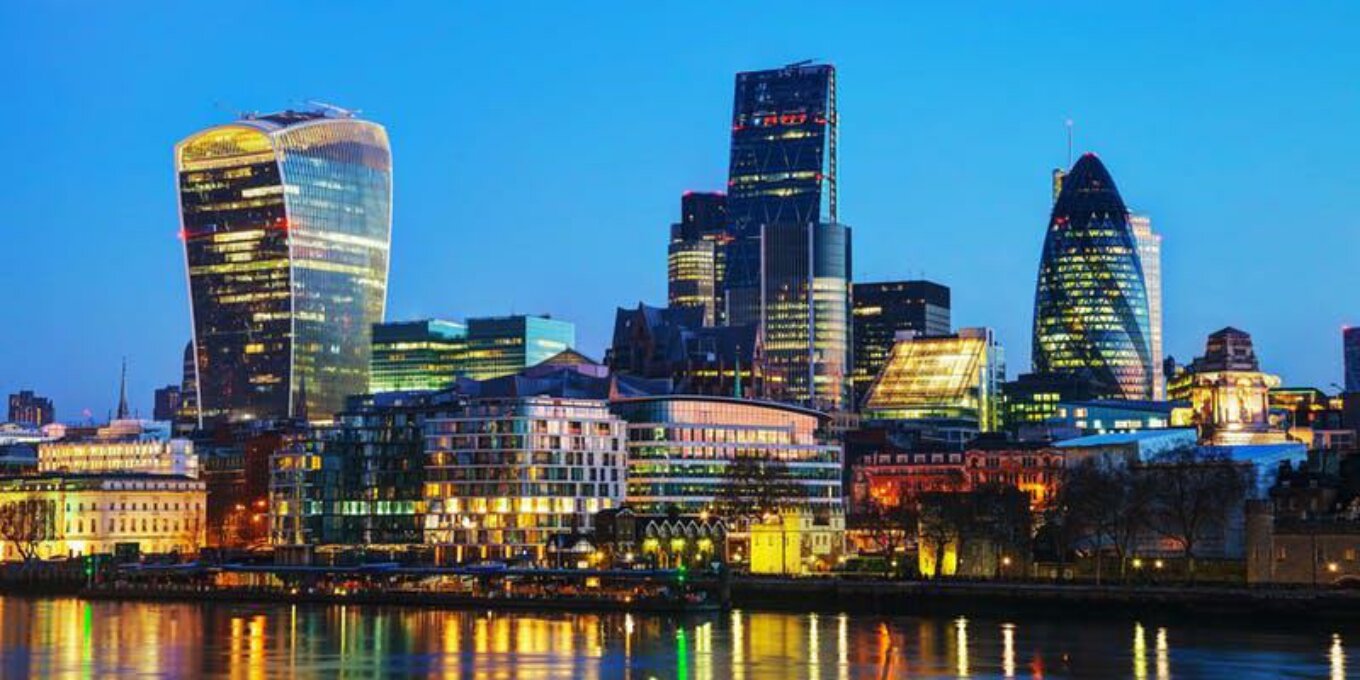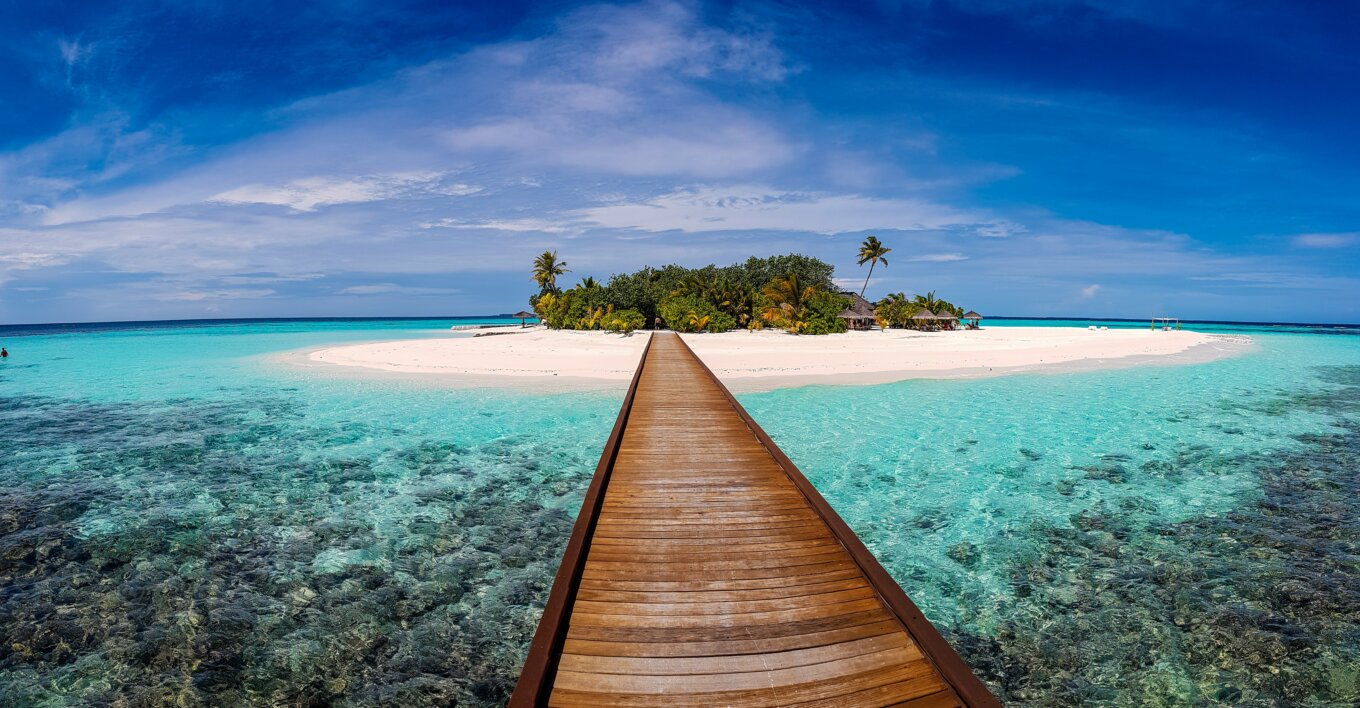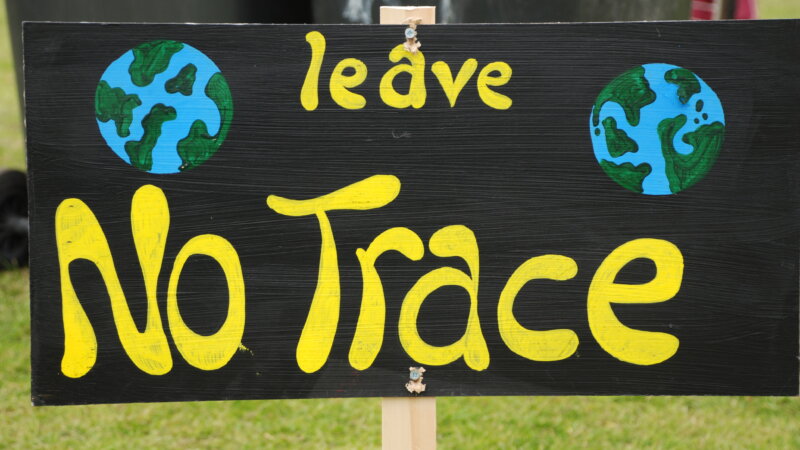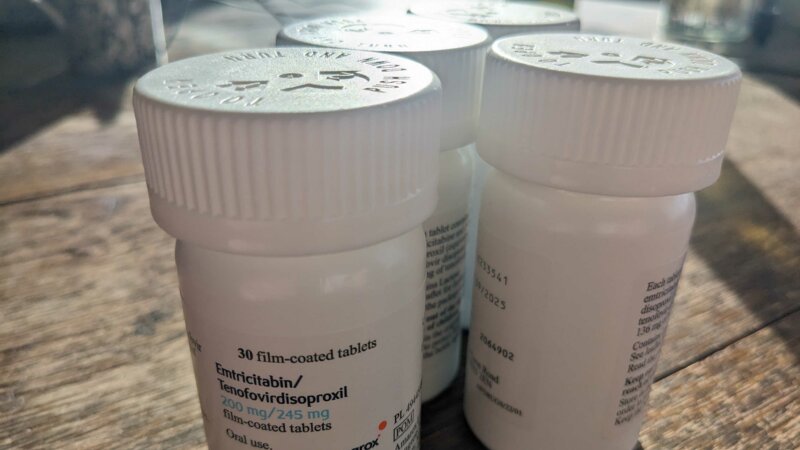Moneyland: Tax havens and the rest of us

It's estimated that at least $7.6 trillion (£6.2 trillion), or the equivalent of almost 10% of the world's GDP, is currently held in tax havens. But what does this mean for ordinary people and how can we even begin to unravel the systems that perpetuate this problem?
Oliver Bullough is an award-winning author and investigative journalist, whose book Moneyland delves into the murky world of tax havens and shell companies. We chatted to Oliver ahead of his upcoming event at the University of Sheffield.
What prompted you to write Moneyland?
I'm a journalist and author. I worked in Russia for many years and even though I don't live there anymore I still often write about Russia and the former Soviet Union. As a result, I came across corruption, both on a personal level and as a governance issue quite frequently, by being stopped on the street and asked for bribes. It was something I knew all about.
But then after the Ukrainian revolution of 2014, I started looking into the assets of the former rulers of the country - what they'd owned, what they'd stolen, and so on. I realised there was a lot more to the corruption than I'd thought there was, and specifically that the role of the West in hiding, laundering and receiving stolen money was absolutely crucial to the smooth functioning of this corrupt system.
It challenged my view of what corruption is and I started looking into that, and that led to this idea that money and the people who own it behave as if they have their own country, which I called Moneyland. Firstly, because it made me laugh and secondly because I thought it was a really useful concept.
For those not already familiar with the term, can you briefly describe what a kleptocracy looks like?
Kleptocracy is what happens when corruption meets a globalised financial system. Corruption has existed for as long as there's been powerful people - people who've abused their power for their own personal gain. That's normal, but it isn't normal for corrupt people to be able to stash their money in impenetrable offshore structures and to make it impossible for anyone else to find it, or know that they have it.
Kleptocracy is the combination of corruption with hyper-modern finance. When those two come together you end up with a lethal combination that creates a license to steal.
The problems associated with institutional money laundering operations in Europe and the US are complex and many. Who are we relying on to try and deal with what feels like an insurmountable issue?
Essentially, there are two things that need to be done to solve this problem, or to minimise this problem. I'm not sure solving it is possible.
One is that we need new laws, better regulations and better transparency. We need to know who owns what because once we know who owns what it'll be much harder for people to hide their ownership of stolen property.
Europe is doing much better at this than America is. European regulations and transparency are quite good, so we need that on both sides of the Atlantic, and more broadly we need it everywhere. However, when it comes to enforcement of regulations, Europe is dreadful, whereas America is much better. We need an American approach to enforcement on both sides of the Atlantic and further afield, and a European approach to transparency on both sides of the Atlantic and further afield.
What does the existence of offshore tax havens mean for people's daily lives?
Well, it's something which we think of as being very distant and incomprehensible, but actually it affects the fundamentals of how a democratic society works.
If you have a caste of people at the top of society who get to opt out of taxes and treat them as negotiable or voluntary, then that means that they are no longer acting as citizens should. They are enjoying all of the advantages of citizenship with none of the responsibilities, so offshore tax havens and the role that they play globally makes democracy imperfect in any context, but particularly in countries with weak institutions like Russia, Ukraine and Nigeria.
It turns it into a game. Democracy becomes a tool for punishing the weak in society while rewarding the strong, and without offshore tax havens that wouldn't be able to happen.
Donald Trump said he's "smart" by not paying taxes
In your opinion, what would be the ideal set of circumstances that would bring an end to the harmful impact of tax havens?
I suppose it's a combination of enforcement and transparency, but I think beyond that there is also a cultural change that's required. It's been embedded in society and in business culture for maybe 50 years that this idea of minimising taxes is fine and that it's a company's duty to its shareholders to minimise the amount it pays to the Treasury.
In 2016, Donald Trump said he's "smart" by not paying taxes. There's this idea that dodging taxes is a smart thing to do and that idea is very deeply embedded in the top rank of society and percolates down to the rest of us.
We need to have a much greater understanding and adoption of the concept that taxes are the price we pay for civilization - the entry fee. Without taxes we don't have civilisation and it needs to become unacceptable for companies to dodge taxes in the same way that it's increasingly unacceptable for them to use excess amounts of plastic or to exploit migrant labour.
Your event Moneyland: Tax Havens and the Rest of Us is happening on 7 November at the University of Sheffield. What do you hope people will take away from the event?
I hope that I manage to persuade people that financial crime is not victimless. I think regulators, police officers and ordinary citizens see crimes such as murder, kidnapping and theft, where the victim is in the same room as the culprit, as the ones which everyone should care about, and the other stuff is just not a priority. The kleptocracy, corruption and money laundering are essentially the support operation for murder, kidnapping and theft. All of these things would not happen without the misuse of the global financial system.
You don't steal money unless you can keep it and the global financial system is what allows people to keep it. If we really want to make the world a better place we need to control our financial system, so I really hope that if one person goes away from this event thinking that it is a priority and we need to do something about that, then it's a win for me.
Moneyland: Tax Havens and The Rest of Us takes place on Thursday 7 November in The Diamond at the University of Sheffield. Entry is free.
Flick Jackson








